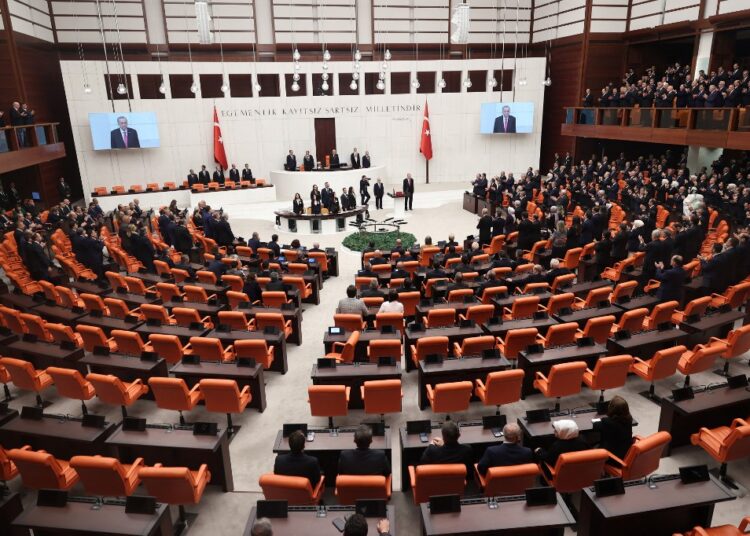Levent Kenez/Stockholm
The Turkish Parliament approved the protocol for Sweden’s NATO application last Tuesday, with the decision formalized upon President Recep Tayyip Erdogan’s quick approval on Thursday. However, members of the opposition parties in the Turkey-Sweden Parliamentary Friendship Group refrained from participating in the vote, withholding their support for Sweden’s NATO membership.
The parliamentary friendship group consists of 10 lawmakers, with six from the ruling party and its allies, and the remaining four belonging to opposition parties. The six members from the ruling bloc participated in the parliamentary vote and cast their votes in favor.
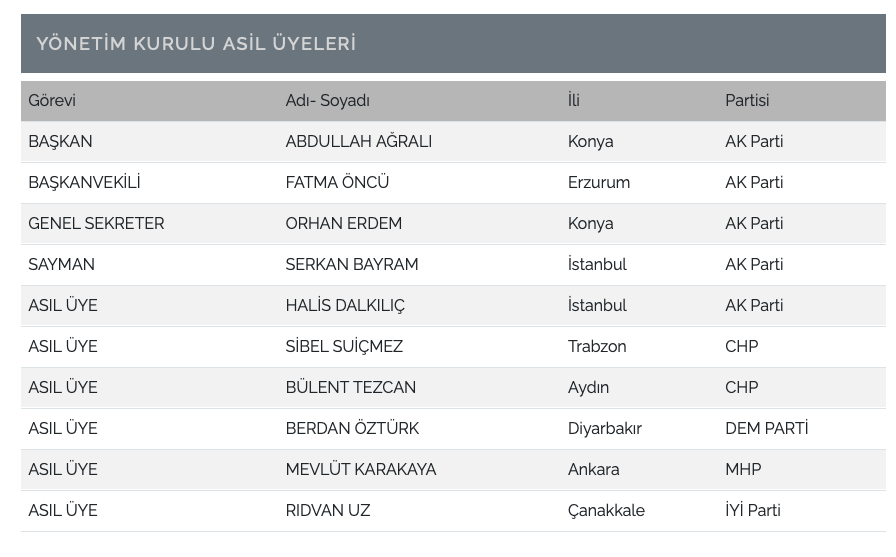
The main opposition Republican People’s Party’s (CHP) two members did not participate in the vote. Although the secular and pro-Western CHP party expressed a positive stance on Sweden’s NATO membership, only 19 of its 129 deputies attended the vote. While 17 MPs voted in favor, one voted against and another abstained. The CHP had pledged to support Sweden’s NATO membership before the general election on May 14.
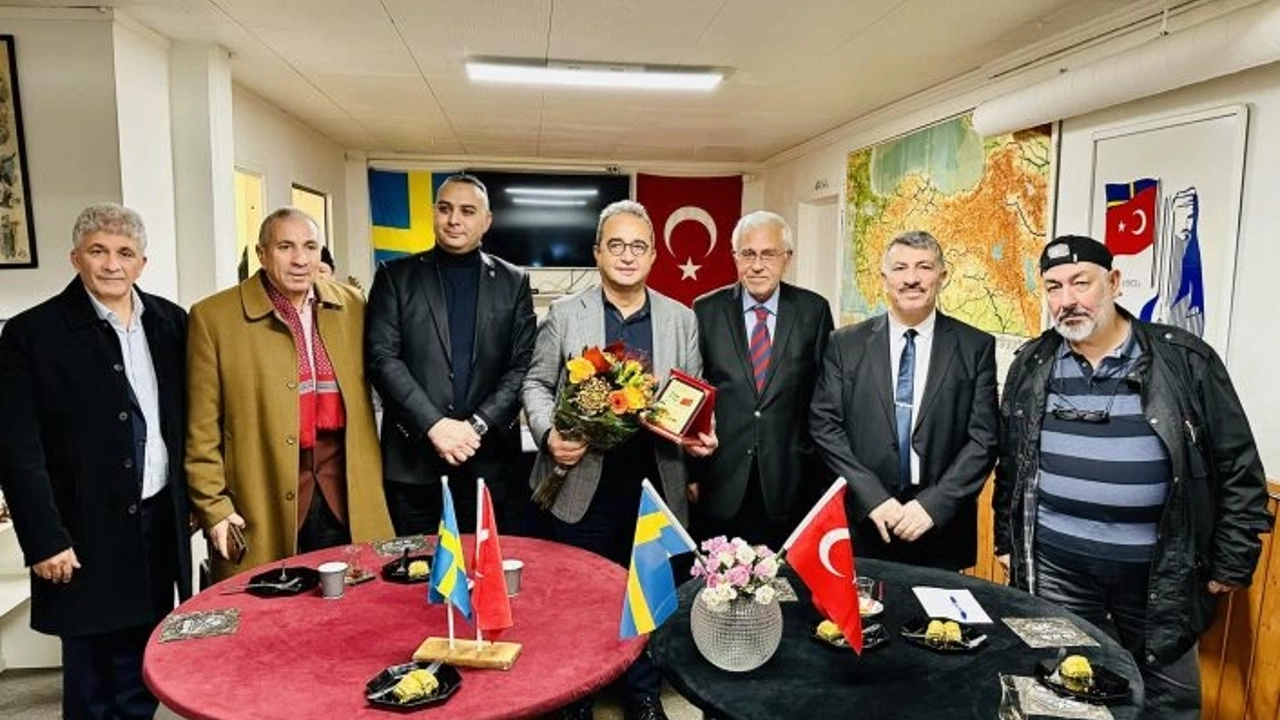
Bülent Tezcan, a senior member of the CHP and the parliamentary friendship group who has been an MP since 2011, did not participate in the vote. In 2022 Tezcan visited Sweden upon an invitation from the party’s Sweden representative, meeting with Turkish citizens in Stockholm.
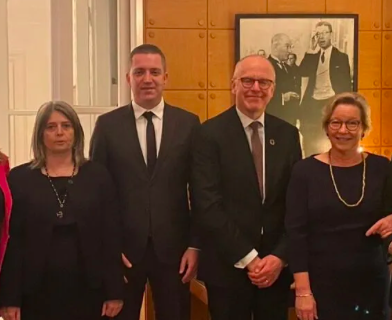
Another CHP member, Sibel Suiçmez, also did not participate in the vote. Before being elected as a member of parliament, Suiçmez served as vice president of the Turkish Bar Association and conducted meetings with the Swedish Embassy on the Support Project for the Development of Legal Aid Practices for Access to Justice in Turkey.
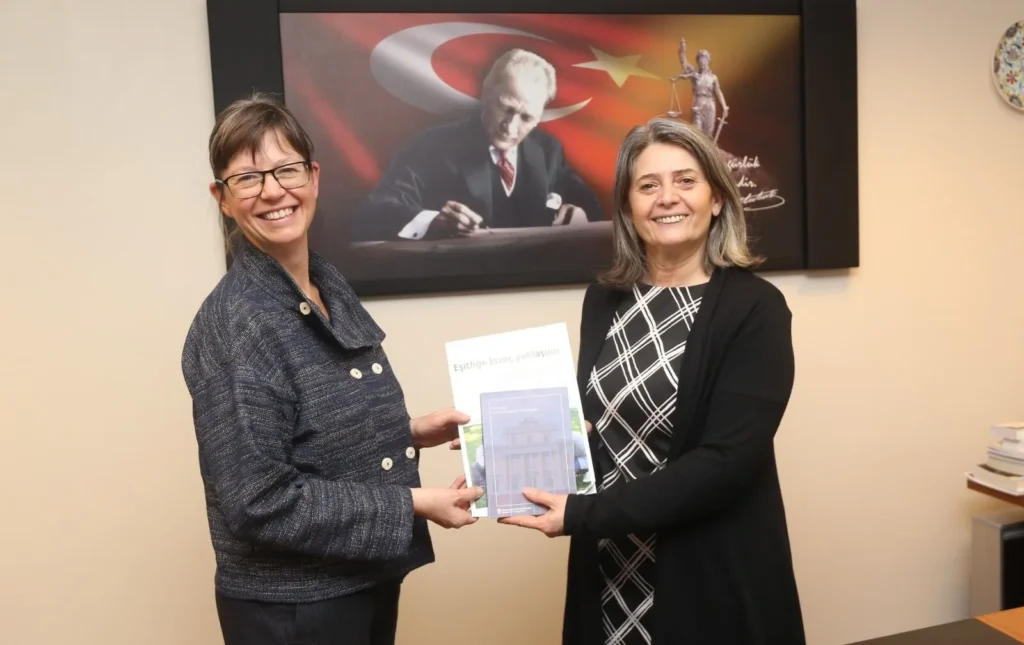
Another friendship group member who did not participate in the vote is Berdan Öztürk from the pro-Kurdish Peoples’ Equality and Democracy Party (DEM Party). On November 16, 2023, during the parliamentary foreign relations committee’s discussion of Sweden’s NATO membership, Öztürk expressed his party’s refusal to approve the protocol. This decision was based on NATO’s expansion strategy, which, according to Öztürk, would bring nothing but war, and also due to the Kurds being used as bargaining chips. He mentioned that DEM — formerly known as the Green Left Party — would not approve the protocol and would put forward their reservations. Members of the DEM Party emphasized in their speeches during the general assembly last week that as a matter of principle, they are against all military agreements and protocols.
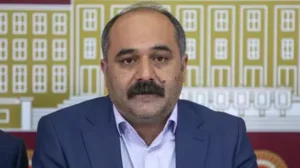
Sweden traditionally pursues a policy that is sympathetic to the Kurds. In particular during the Syrian civil war, Sweden provided humanitarian assistance to Kurdish groups fighting against the Islamic State in Iraq and Syria (ISIS). Despite being one of the first countries to officially declare the Kurdistan Workers’ Party (PKK) a terrorist organization, Sweden asserts that, contrary to Ankara’s claims, there is no connection between the Kurdish groups it supports in Syria and the PKK, which Turkey has been fighting since 1984.
Ankara demanded that Stockholm take action against the PKK network in Sweden as a condition for approving the Nordic country’s NATO membership application. Sweden has declared its compliance with all requirements set by the Turkish government for its NATO bid, having amended its anti-terror laws and appointed a special prosecutor to investigate terror cases in cooperation with Turkish counterparts.
Out of the 57 members of parliament from the DEM Party, only six participated in the vote, all of whom voted against approval of the protocol.
In a departure from members of opposition parties in the friendship group, İYİ (Good) Party representative Rıdvan Uz adopted a different stance from that of his party. While the İYİ Party, with its 38 seats, voted against Sweden’s NATO membership, Uz was one of 15 İYİ Party lawmakers who did not participate in the parliamentary vote.
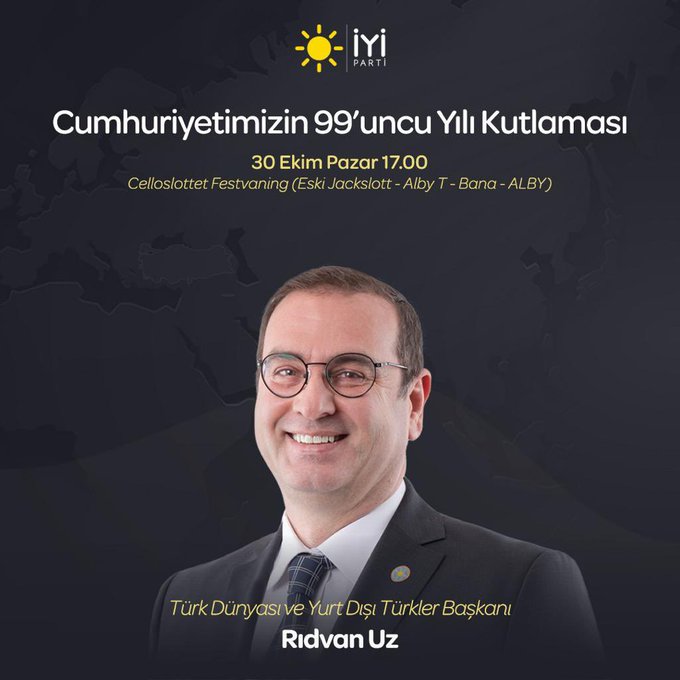
Despite the opposition from smaller parties in the parliament, the protocol was approved in the General Assembly, with 287 MPs voting in favor, 55 against and four abstentions. Turkey’s ruling Justice and Development Party (AKP) and its far-right nationalist ally, the Nationalist Movement Party (MHP), secured the adoption of the protocol as they dominate both the committees and the General Assembly due to their majority of seats in the legislature, allowing them to pass any bill in parliament they choose.
Both Sweden and Finland applied for NATO membership in May 2022, three months after Russia invaded Ukraine. Turkey initially blocked both countries’ applications, accusing them of harboring what it called terrorists and imposing export sanctions on defense articles for Turkey. However, on June 28, 2022, Turkey, Sweden and Finland signed a memorandum of understanding on the sidelines of the Madrid NATO summit, removing the block on the launch of formal procedures for the NATO membership process.
However, Turkey delayed approval of the protocols in parliament, stating that neither country had fulfilled the terms of the Madrid MoU.
Ankara eventually dropped its objections to Finland in March 2023, and the protocol was quickly approved by parliament. Finland became the 31st nation of the alliance as of last April.
Official sources report that Ankara officially submitted the accession protocol confirming Turkey’s approval of Sweden’s NATO membership to US authorities in Washington on Saturday.

